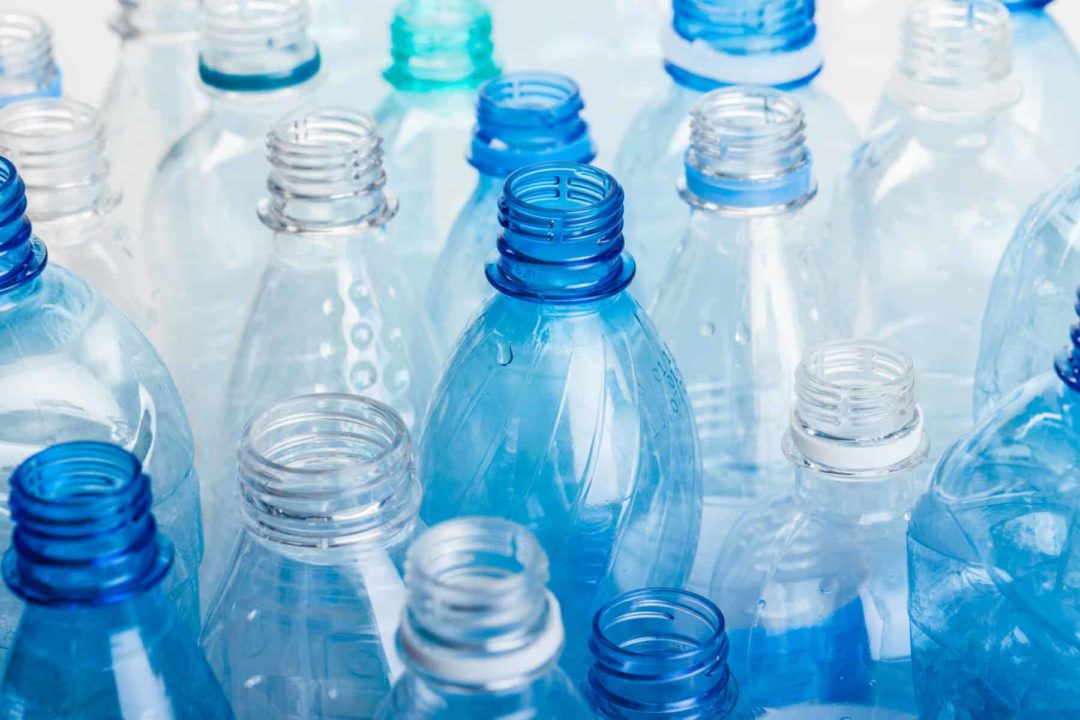This move follows an earlier PCC ban on single-serve plastic water bottles of 500ml or less. The new change will eliminate the sale of roughly 100,000 single-use plastic bottles across PCC’s 15 stores each year.
Other work PCC is doing to reduce use of petroleum-based plastics includes:
- PCC working to eliminate all petroleum-based plastics from deli packaging by 2022; in 2019 it switched deli round containers from petroleum-based plastic to plant-based compostable, eliminating more than 8 million pieces of petroleum-based plastic per year
- In 2015, the co-op replaced plastic straws and utensils with compostable alternatives; three years before Seattle’s ban on those plastics
- The co-op eliminated plastic grocery bags from all stores in 2007; five years before the City of Seattle’s plastic bag ban
Related: PCC Introduces Shared Values Meal Program 49% of Consumers Consider Sustainability When Purchasing Food, Beverages PCC Offers Food Access Grants in Advance of Store Opening
“PCC’s focus on eliminating petroleum-based plastics is an absolute priority,” said Brenna Davis, PCC’s VP of Social and Environmental Responsibility. “It is a critical concern for the co-op to address with plastics being tied to land and water pollution, human exposure to chemicals, and contributions to climate change through plastic production. At PCC we are continually looking to support the environment and provide our shoppers with sustainable alternatives.”PCC has worked to provide shoppers with more sustainable options, including water sold in refillable and reusable aluminum bottles. The bottles are sturdy enough to be reused multiple times, and, once damaged, can easily be recycled. PCC also offers bulk water dispensing; water in glass bottles, which are reusable and recyclable; and boxed water in packaging that is 92% plant-based, recyclable in the Puget Sound, and made from Forest Stewardship Council-certified paper.
The ban is in line with PCC’s 5-year sustainability goals, which include increasing selection of organic products and achieving carbon-negative store operations.










